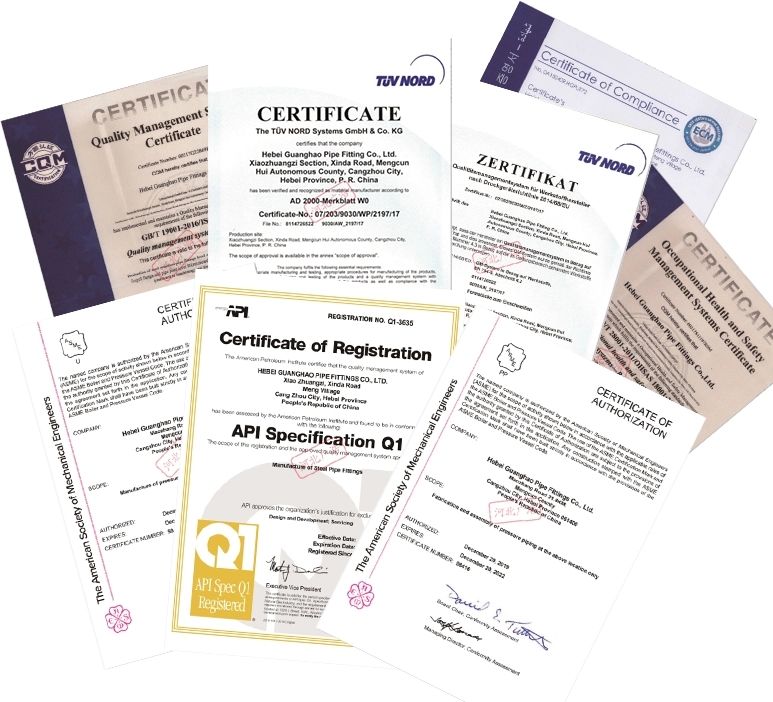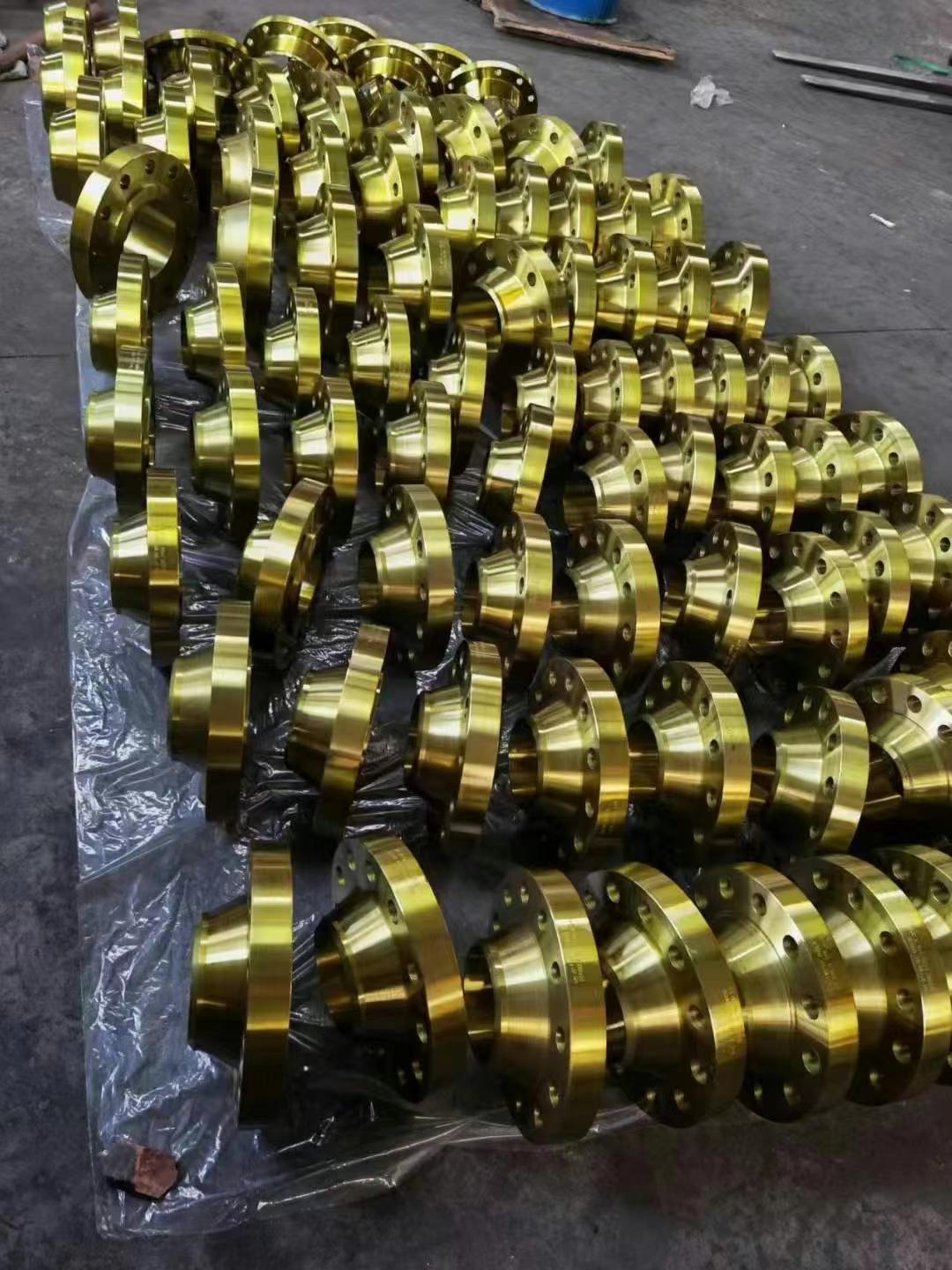Selecting the right flanges for your pipeline is a critical step in ensuring both safety and efficiency in system operations. The performance and longevity of a pipeline system heavily depend on the quality and suitability of its components, with industrial flanges playing a pivotal role. As demand for high-pressure and corrosion-resistant pipelines increases, understanding the key considerations for choosing flanges becomes paramount. Below, we delve into the essential aspects to consider when selecting flanges for your pipeline system.

MATERIAL DURABILITY
Industrial flanges are manufactured using materials ranging from carbon steel to exotic alloys like Inconel and titanium, each offering specific advantages. The choice of material should be driven by pipeline conditions, including media type, pressure levels, and temperature variations. For instance, carbon steel is cost-effective and versatile for general applications, while stainless steel offers enhanced corrosion resistance for pipelines exposed to harsh chemicals or marine environments. Selecting flanges made from durable materials reduces maintenance costs and increases operational reliability.
PRESSURE AND TEMPERATURE RATINGS
The operating conditions of your pipeline determine the flange’s pressure and temperature requirements. Flanges are typically rated by pressure classes (e.g., Classe 150, Classe 300) and temperature limits, ensuring their suitability for specific applications. For high-pressure pipelines or systems operating in extreme temperature environments, robust options such as forged flanges provide the strength and resilience needed for safe and efficient operation.
CONNECTION DESIGN AND COMPATIBILITY
Flanges come in various types—such as weld neck, slip-on, or blind flanges—each designed for different pipeline configurations. Compatibility with existing pipeline components, such as pipe size and type, is essential. A properly designed flange ensures secure connections, minimizes the risk of leakage, and simplifies future maintenance tasks. Consultation with experts or using detailed product guides can help identify the best fit for your system.
Choosing the right industrial flange involves balancing material selection, operational demands, and compatibility considerations. By prioritizing quality and understanding your pipeline’s specific needs, you can ensure a reliable and durable system. For expert advice and a wide range of top-quality flanges, visit PSCO or reach out to their experienced team for assistance!
Oil and Gas Industry
In offshore drilling platforms, flange failures can lead to catastrophic consequences, such as oil spills or gas leaks. A prominent case involved a pipeline in the Gulf of Mexico where using substandard slip-on flanges led to a significant oil leak. After the incident, the operator switched to high-quality forged weld-neck flanges made from stainless steel. These flanges provided superior resistance to corrosion caused by seawater exposure and sustained the extreme pressures of deep-sea operations. The change minimized downtime and avoided future environmental and financial risks.
Petrochemical Industry
In a petrochemical plant in Texas, operators faced frequent maintenance issues due to corrosion in flanges connecting acid-carrying pipelines. After consulting with flange manufacturers, the company replaced its carbon steel flanges with Inconel 625, a nickel-based alloy known for exceptional corrosion resistance. This upgrade extended the pipeline’s operational life and significantly reduced maintenance costs over five years. The initial investment in high-quality flanges was offset by decreased repair expenses and increased safety
.
Water Treatment Plants
In municipal water treatment facilities, long-term exposure to chlorinated water can degrade standard materials. A treatment plant in California opted for duplex stainless steel flanges in their upgraded filtration system. This material was chosen for its resistance to chlorine-induced corrosion and ability to withstand high water pressure. The durability of these flanges improved the reliability of the system, ensuring uninterrupted clean water supply to the community
.
Case Study: High-Pressure Steam Pipeline
A power generation company experienced a flange blowout in a high-pressure steam line due to thermal expansion stress and material fatigue. To prevent recurrence, they replaced all flanges with Class 1500 forged weld-neck flanges designed for high-pressure and high-temperature environments. The company also implemented more rigorous quality testing, including ultrasonic inspections and hydrostatic pressure tests, ensuring long-term reliability and reducing risk of future failures.
These cases illustrate the importance of selecting the right flange materials and designs tailored to specific operating conditions. For expert guidance on flange selection and custom solutions, reach out to reliable suppliers such as PSCO Flange or Hebei Jimeng high pressure flange pipe fittings group Co,LTD
 Eccellente soluzione globale per pipeline One Stop
Eccellente soluzione globale per pipeline One Stop

